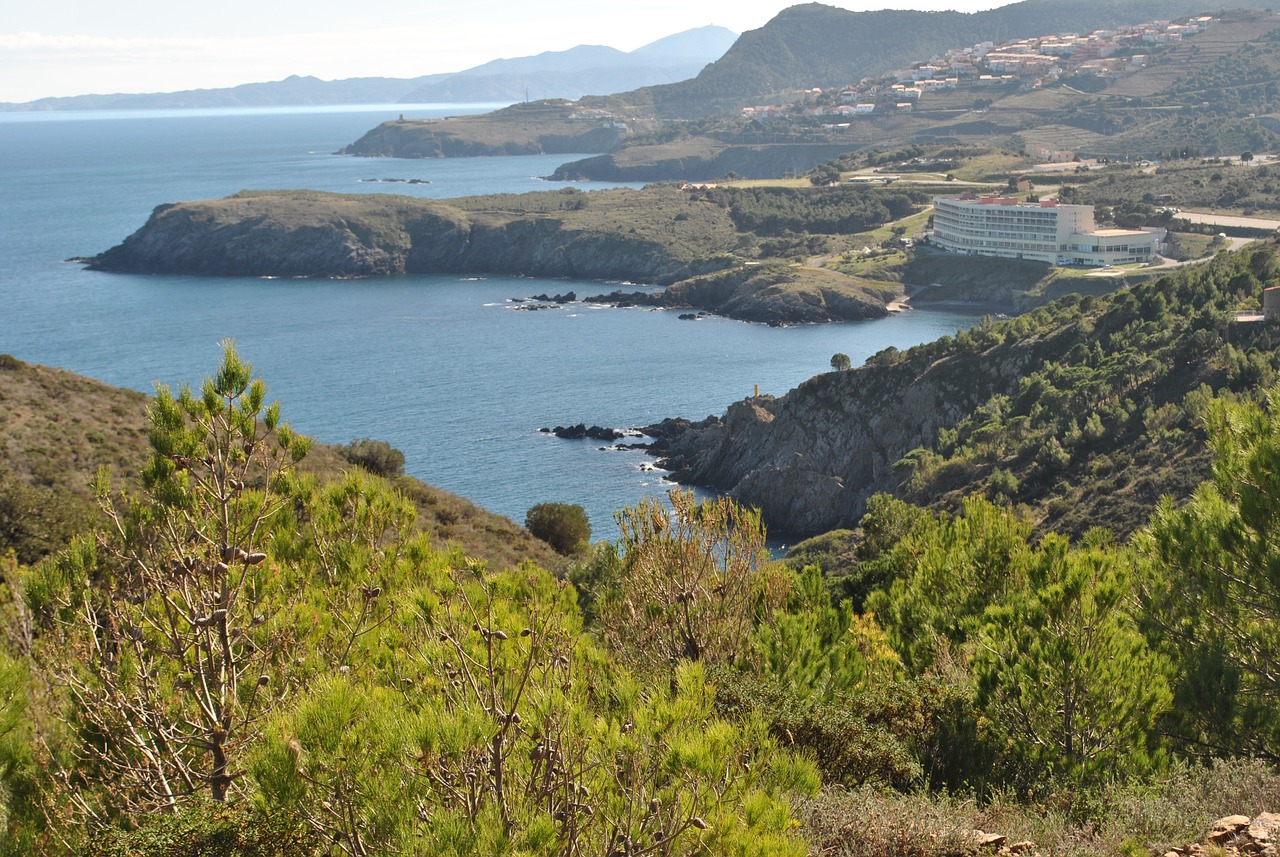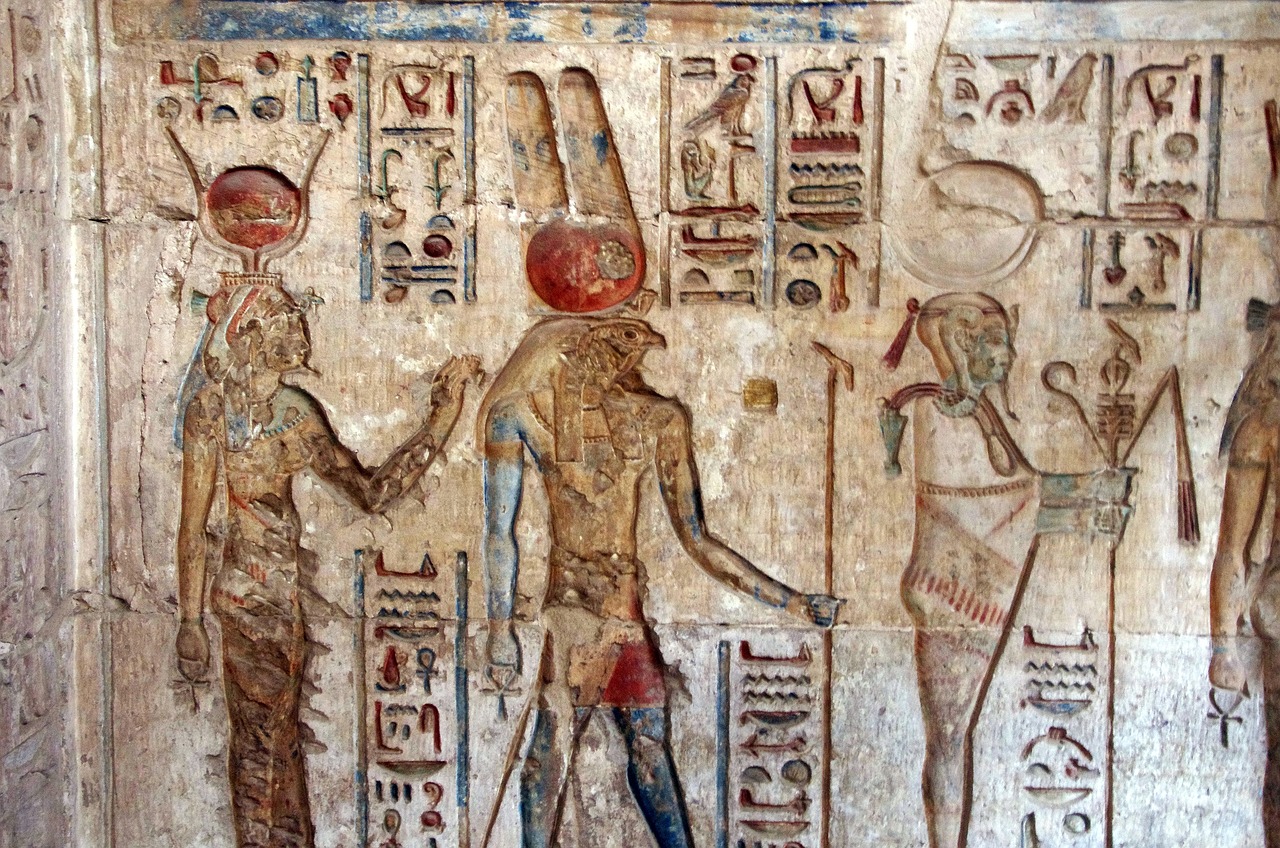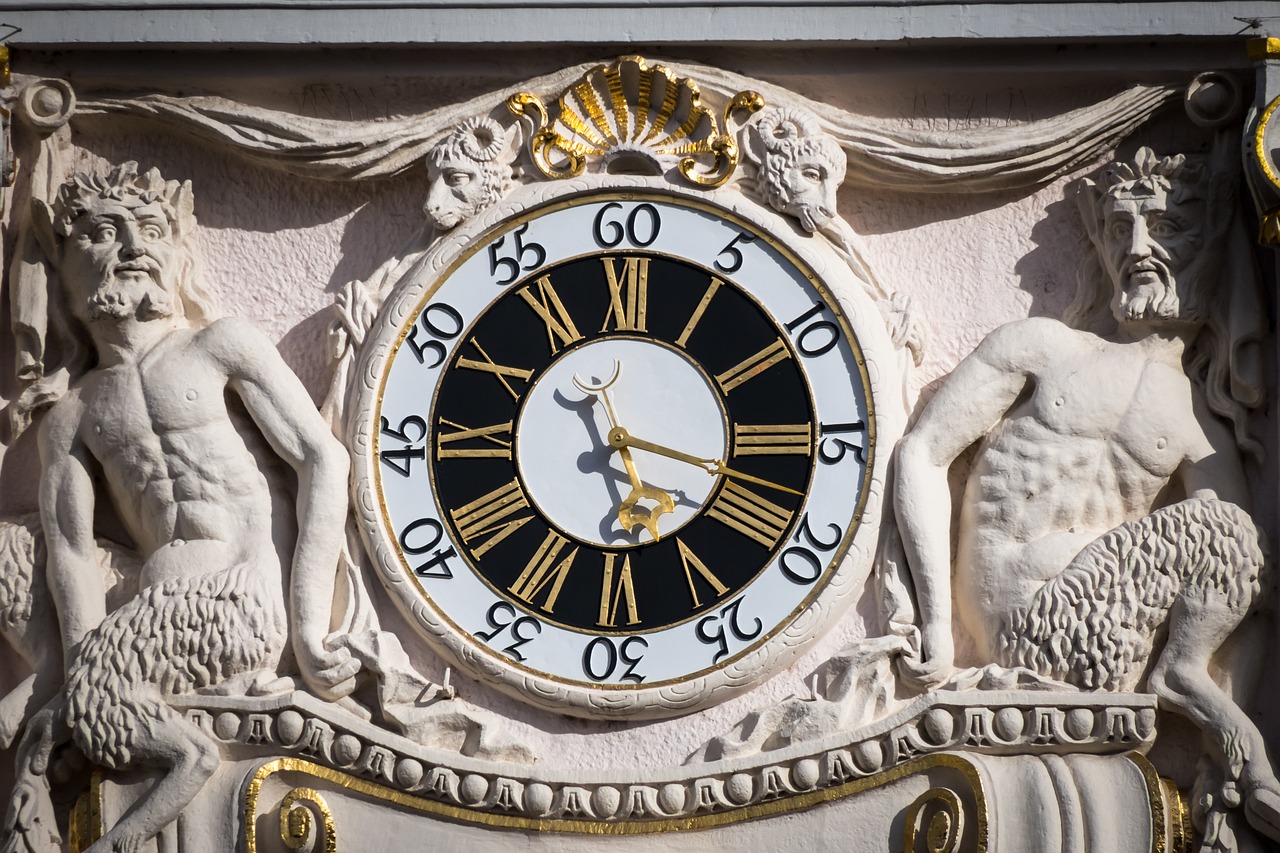Mythology
-

Cerberus: The Guardian of Hades in Greek Mythology Cerberus, also referred to as Kerberos, is famously known as the formidable three-headed canine guardian of the underworld in Greek mythology. This monstrous creature was tasked with watching over the gates of Hades, ensuring that the souls of the deceased could enter but never escape. In artistic…
-

Following a prolonged period marked by political chaos, civil strife, and the assassination of key leaders that led to the Roman Republic’s collapse, Ancient Rome entered a remarkable epoch of relative peace and prosperity known as the Pax Romana, translating to “Roman Peace” in Latin. Initiated by Augustus’ rise to the throne as the first…
-

The Temple of Diana, or Templo de Diana, located in Merida, Spain, is a historic site established by the Romans in the early 1st century AD following the area’s conquest by Emperor Augustus. This ancient city, originally known as Emerita Augusta, emerged as a significant hub of Roman authority after being founded for veterans from…
-

Isis, the revered deity of ancient Egypt, stands out remarkably among the pantheon for her vocal interactions with both gods and mortals. Her widespread influence and character evolved notably post-Alexander the Great’s conquest of Egypt in 332 BC, intertwining her narrative with Greek culture. This essay delves into Isis’s oral engagements recorded in pharaonic texts…
-

Poseidon: The Greek God of the Sea Poseidon, a prominent figure in Greek mythology, reigns as the god of the sea, storms, earthquakes, and horses. Known for his fierce temperament and unpredictable nature, he is often regarded as one of the most volatile Olympian deities. His legendary wrath, particularly when he feels disrespected, is well-documented.…
-

Vesta, a prominent deity in Roman religion, is synonymous with the Greek goddess Hestia, known as the goddess of the hearth. In early Rome, the scarcity of fire made the eternal flame vital for both domestic and communal life, elevating Vesta to a position of great importance in worship traditions, whether at home alongside the…
-

Medb: Queen of Connacht and Celestial Sovereignty Origins and Dominance Medb, a prominent figure from the royal lineage of Tara, is infamous for the ruthless slaying of her pregnant sister. Following this act, she aligned herself with Aillil, gaining control over Connacht—her sister’s former domain. Renowned primarily as the sovereign of Connacht during the legendary…
-

Understanding Nitric Oxide and Its Role in Erectile Function Nitric oxide (NO) is a crucial gaseous molecule formed by nitrogen and oxygen that the body produces naturally and is vital for the dilation of blood vessels, significantly impacting erectile functionality. While it’s feasible to increase nitric oxide levels through dietary choices, supplements designed to boost…
-

In ancient Roman mythology, Faunus, the horned deity associated with forests, meadows, and farmland, also went by the name Inuus, particularly when involved in cattle fertility. Over time, he became likened to the Greek god Pan within literary contexts. Considered one of the earliest di indigetes, Faunus was viewed as a mythological king of the…
-
Significant Rituals of Tlachtga in Ancient Ireland Located a mere twelve miles from Tara, Tlachtga, also known as the Hill of Ward, is a prominent site steeped in the Celtic religious traditions that flourished over two thousand years ago. Although overshadowed by the better-known Tara, Tlachtga warrants recognition for its own significant contributions to ancient…


